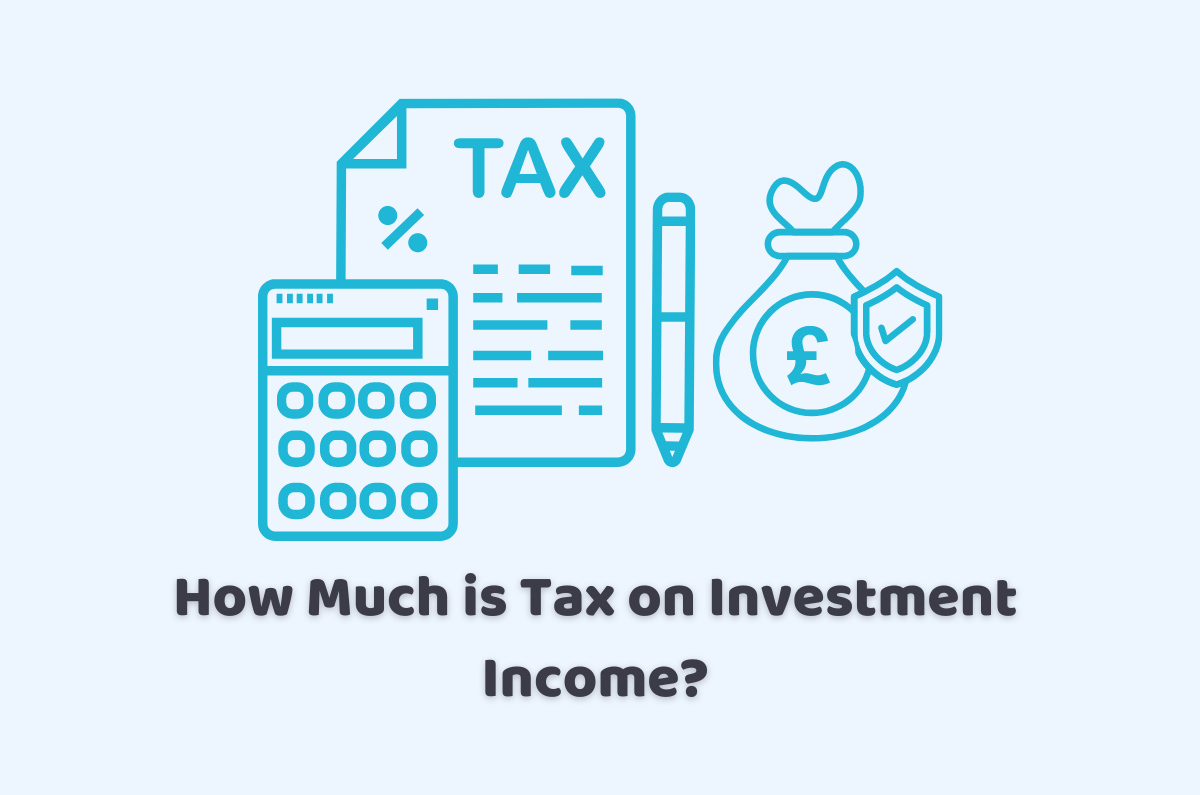09/04/2024tax , Tax Issues , Tax News and Tips , Tax Saving Tips
Wondering about what is the tax on investment income? In the UK, there are two main types of taxes that an investor has to consider, income tax on investment income and capital gains tax. Let’s take a look at what each type of tax consists of, and how they affect investors in the UK. Income …
Read more
